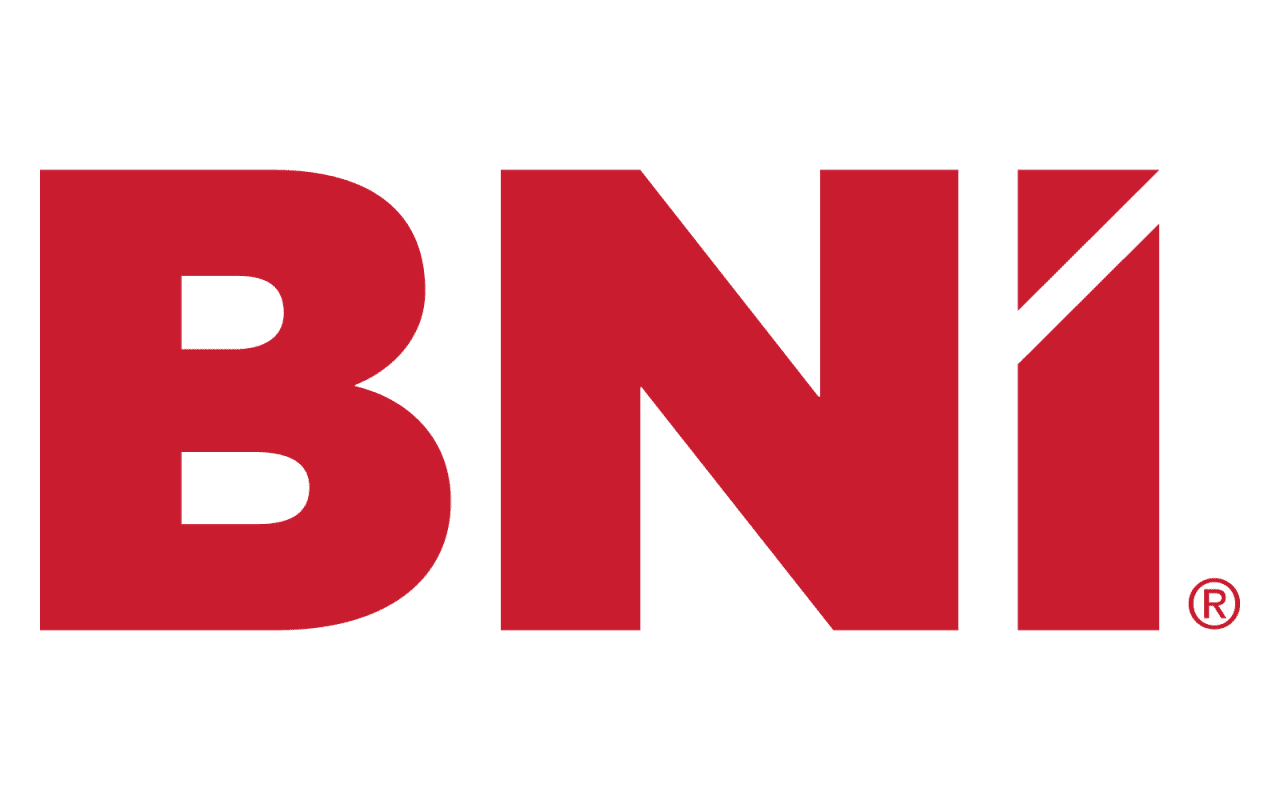Most companies struggle to keep their long-term strategy at the forefront of daily work. Immediate crises often dominate, pushing big-picture goals to the back burner.
Effective communication is critical here. Use storytelling and visuals to make your strategy concrete and memorable. Storytelling makes the complex relatable, while visuals bring clarity.
Align your team with shared goals, so everyone sees how their work directly ties to the company’s strategy. When strategy stays abstract, confusion fills the gap.
Take advantage of day-to-day challenges. Use them as pivot points to solve immediate issues and look forward. Routine strategic check-ins can keep the focus sharp and refocus your team on the bigger vision.
As Seth Godin says, strategy isn’t about daily efficiency—it’s a forward-thinking mindset that accepts risks to explore what might work.
Consider companies like Amazon. Early on, they lost money on shipping, betting on long-term gains. They were planting seeds for future growth.
Customer needs will always evolve, and so should your strategy. It’s not about what you produce today; it’s about staying relevant to your customers tomorrow.
You shouldn’t focus on the product all the time and every day that you are in office. Instead
To succeed, you need a committed team. Pick people who understand and commit to your long-term goals—people who value progress over perfection. A flexible strategy thrives on asking interesting questions, not just finding “right answers.”
Action Items:
1. Set Aside a Weekly “Business Hour”
Focus purely on strategy, not day-to-day tasks. Make this time sacred.
2. Leverage OKRs for Alignment
OKRs (Objectives and Key Results) can create clear, shared goals across teams. At Hatch Pro Media, OKRs keep everyone aligned with the big picture.
3. Visualize Your Strategy
A simple infographic can keep your strategy top of mind for everyone. A picture is worth a thousand words.
In the daily grind, it’s easy to lose sight of strategy. But ask yourself: Are you headed in the right direction? Without strategic focus, speed is meaningless. You should prioritize direction over perfection, and keep your team aligned.










